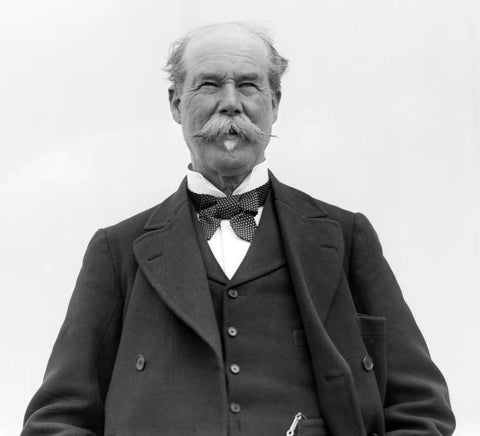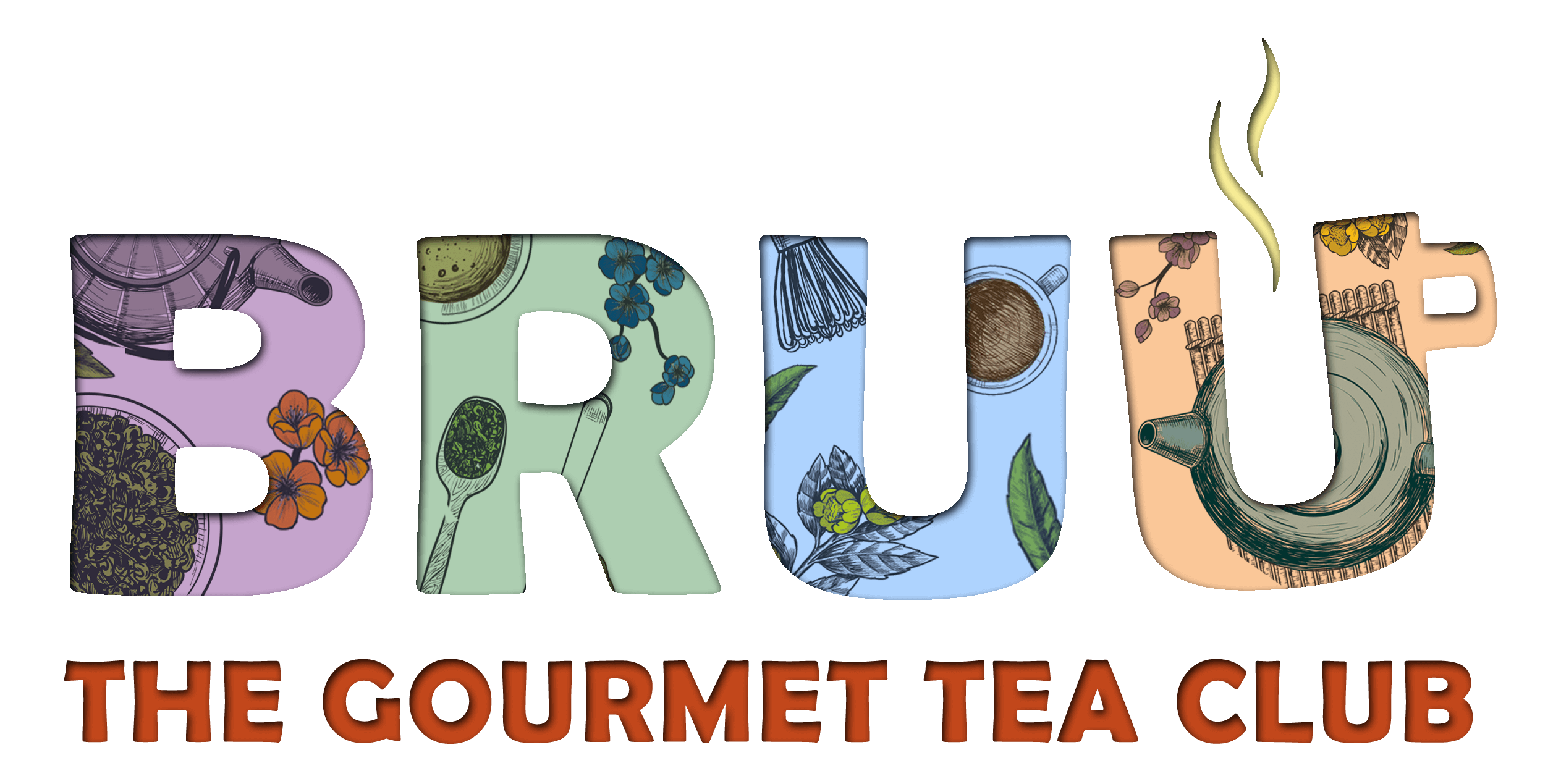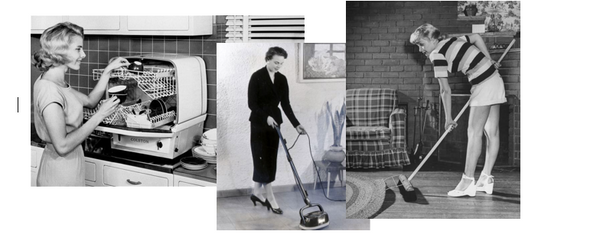The tea bag expansion of the 1950's

Just like the ‘accidental invention’ of tea by the Chinese emperor Shen Nung, the tea bag came from a misunderstanding. In 1908 a New York tea merchant Thomas Sullivan started sending tea samples to clients in silk bags. His customers presumed that the silk bags were actually for brewing like the metal infusers they would normally use. When this got back to Thomas he thought ‘hey, that’s not such a bad idea!’ and so the tea bag was born.
Thomas went on to develop the idea, changing the silk bag to a gauze. The gauze was then later replaced by a paper bag, perfect for mass production and a little string and tag was added for easy withdrawal and perfect infusion time. Although the bag was now ready, material shortages during World War II put things on hold for a while.
It was in the 1950's, after the war, that the tea bag really became popular during an era of inventions for household convenience.
The teabag fitted in perfectly with a desire for new ‘make life easier’ products. It eliminated the need to empty out the used tea leaves from the tea pot and single cups of tea could be brewed without the use of a tea pot.
It was this convenience factor that helped the tea bag thrive in Britain and it was largely Tetley that gave the humble tea bag the biggest push before other companies soon caught on. By the late 1950's tea bags made up less than 3 per cent of the British market and by 2007 this rose to a phenomenal 96 per cent of the British market. Today you’ll be pushed to find a home or workplace in Britain that does not have a stash of tea bags.
Now whilst the popular tea bag has helped make tea a more convenient experience it has taken a lot away from tea itself. Tea bags restrict the movement of tea leaves so many bags these days are filled with tea dust (called fannings) and flavours to help it taste better. The only real way to enjoy tea is loose, with whole leaves that are left to infuse freely and release all their natural goodness. Learn more about the tea bag vs loose tea argument




